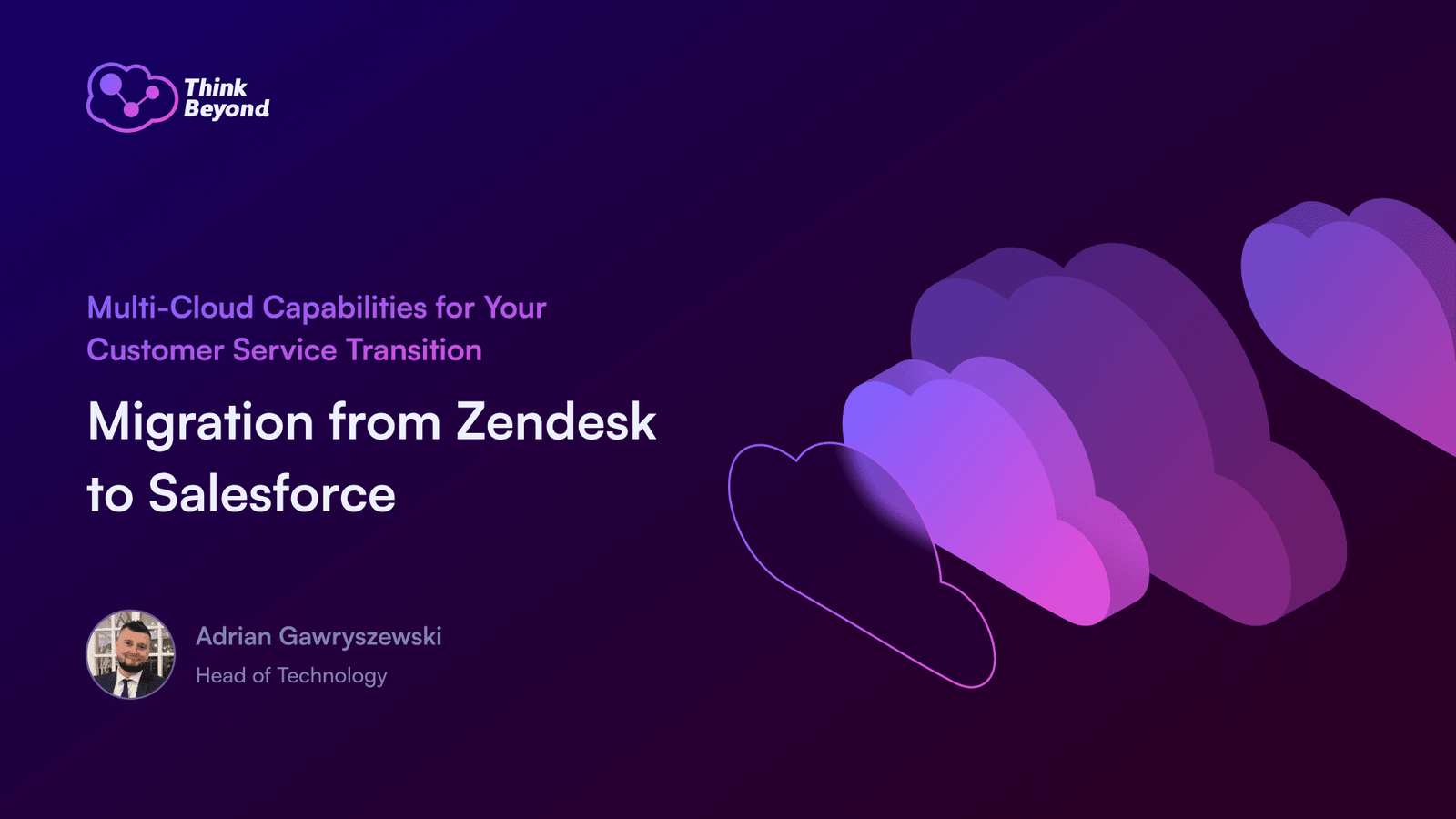The latest 2024 Connectivity Benchmark Report reveals that a staggering 81% of IT leaders believe data silos are seriously holding back digital transformation efforts. This highlights a pressing need for a robust CRM solution that not only gathers data but also fosters collaboration across various business units.
The common answer to this challenge is Salesforce’s Service Cloud. The #1 CRM platform meets the needs of multiple industries and is an important choice when migrating from other solutions like Zendesk.
Why Migrate from Zendesk to Salesforce?
Salesforce Service Cloud stands out as a top choice, recognized as a leader in the 2023 Gartner Magic Quadrant for CRM Customer Engagement Centers. That means it’s highly effective and reliable, helping employees, agents, and data work together seamlessly.
Another exciting feature is Agentforce, which allows you to create AI agents tailored to the specific needs of your business. Based on your existing data and processes, Agentforce lets you choose from predefined templates to find the right agent for the job. You can customize their roles, data access, actions, and communication channels.
Finally, moving from Zendesk to Salesforce offers a significant advantage: you can access all Salesforce products on one integrated platform. This transition can greatly benefit your business by streamlining operations and increasing overall efficiency. Let’s explore how it can transform your business.

Leveraging Salesforce’s Multi-Cloud Capabilities
Salesforce’s multi-cloud capabilities offer businesses the flexibility to tailor solutions to their needs. With various clouds available, organizations can select the best options that align with their specific activities. But how do you determine which cloud is right for you? That’s where a Salesforce consulting partner comes in to help you implement the best of many available solutions.
Here’s a quick overview of what each Salesforce cloud offers:
- Sales Cloud helps sales teams work smarter and faster by centralizing customer information, logging interactions, and automating daily tasks. It streamlines the sales process, allowing for more efficient customer engagement.
- Service Cloud is designed for customer service. This tab-based workspace lets you manage multiple records on one screen. It tracks every interaction—whether through chat, social media, or email—ensuring your team can provide support whenever customers need it.
- Marketing Cloud focuses on managing customer journeys and includes tools for email marketing, mobile engagement, social media, web personalization, advertising, content creation, and data analysis.
- Commerce Cloud helps create and manage e-commerce websites, making it easy to sell products online.
- Experience Cloud enables companies to build beautifully branded digital experiences connected to their CRM. It allows for content creation that can be delivered across various websites, portals, mobile apps, and storefronts.

With these multiple Salesforce products, organizations and businesses can create seamless and integrated experiences across sales, service, marketing, commerce, and more. And the long-term results? Flexibility, scalability, and resilience that drive innovation and growth.
Benefits of Multi-Cloud Approach Resulting from Migration of Zendesk to Salesforce
Salesforce is more than just a single CRM tool; it’s a collection of tools and services designed to serve different functions. And a multi-cloud approach offers numerous benefits for businesses across various industries:
Flexibility and Choice
Salesforce’s multi-cloud approach provides flexibility so companies can tailor their cloud solutions to meet specific needs. If you are considering migrating from Zendesk, that means you can integrate Sales Cloud for customized sales processes, Marketing Cloud for targeted campaigns that adapt to real-time data, and Service Cloud for personalized customer support. And there are more clouds to implement as your business grows. Choosing the best tools for each function ensures optimal performance and responsiveness to market changes.
Scalability and Performance
As your business grows, you will need to scale up. With Salesforce, businesses can effortlessly expand their operations by distributing workloads across multiple cloud platforms. This means you can scale resources up or down based on demand without compromising performance.
Data Management and Analytics
By integrating sales, marketing, and service on a single platform, companies can unify customer data across platforms and gain a comprehensive view of interactions. This enables advanced analytics that provide real-time insights for informed decision-making. For example, marketing teams can analyze sales trends based on both internal and external data.
Resilience and Disaster Recovery
Distributing data and workloads across multiple cloud environments is a proven strategy for organizations seeking to mitigate the risk of downtime and data loss. In the event of an outage in one cloud environment, the others can seamlessly continue to serve requests. This redundancy protects critical business functions and enables rapid recovery from disruptions.
Data Security and Compliance
The world-leading No. 1 CRM platform utilizes robust security measures, such as data encryption and user access controls, across all clouds. This ensures sensitive information is protected while meeting regulatory requirements like GDPR and HIPAA. Additionally, Salesforce’s comprehensive audit trails allow for continuous monitoring of data access and usage, helping organizations maintain compliance and quickly identify any potential vulnerabilities.
Industry-Specific Benefits of Migrating from Zendesk to Salesforce
Migrating from Zendesk to Salesforce offers industry-specific benefits that can significantly enhance your business operations. Salesforce provides tailored solutions that address the unique challenges and requirements of various sectors, eliminating the need for extensive customization.
For example, the Automotive Cloud streamlines processes such as test drives and vehicle service appointments while offering inventory visibility and managing the end-to-end warranty lifecycle. In the Financial Services Cloud, features like customer segmentation and a scoring framework enable personalized client outreach and efficient revenue management.
The Loyalty Management solution allows businesses to manage promotions, tier upgrades, and transaction eligibility, enhancing customer engagement. Meanwhile, Salesforce for Education creates a unified view of the learner’s journey, facilitating recruitment, admissions, and student success tracking.
By leveraging these industry-specific solutions, organizations can boost efficiency and ensure compliance with industry regulations—all while taking full advantage of Salesforce’s powerful platform.
Salesforce Architects with Multi-Cloud Expertise for Your Zendesk to Salesforce Migration
When migrating from Zendesk to Salesforce, having Salesforce Architects with multi-cloud expertise is crucial for a seamless transition. These professionals combine creative problem-solving skills with technical know-how and extensive experience in multi-cloud implementations. Their role is to ensure that the migration process not only meets but exceeds your expectations.
At Think Beyond, our team specializes in Zendesk to Salesforce Service Cloud migrations. We understand the unique challenges your business faces and implement solutions that are specific to your organization. With our architects guiding the way, you can confidently navigate the complexities of integrating multiple Salesforce products, optimizing your operations for maximum efficiency.

